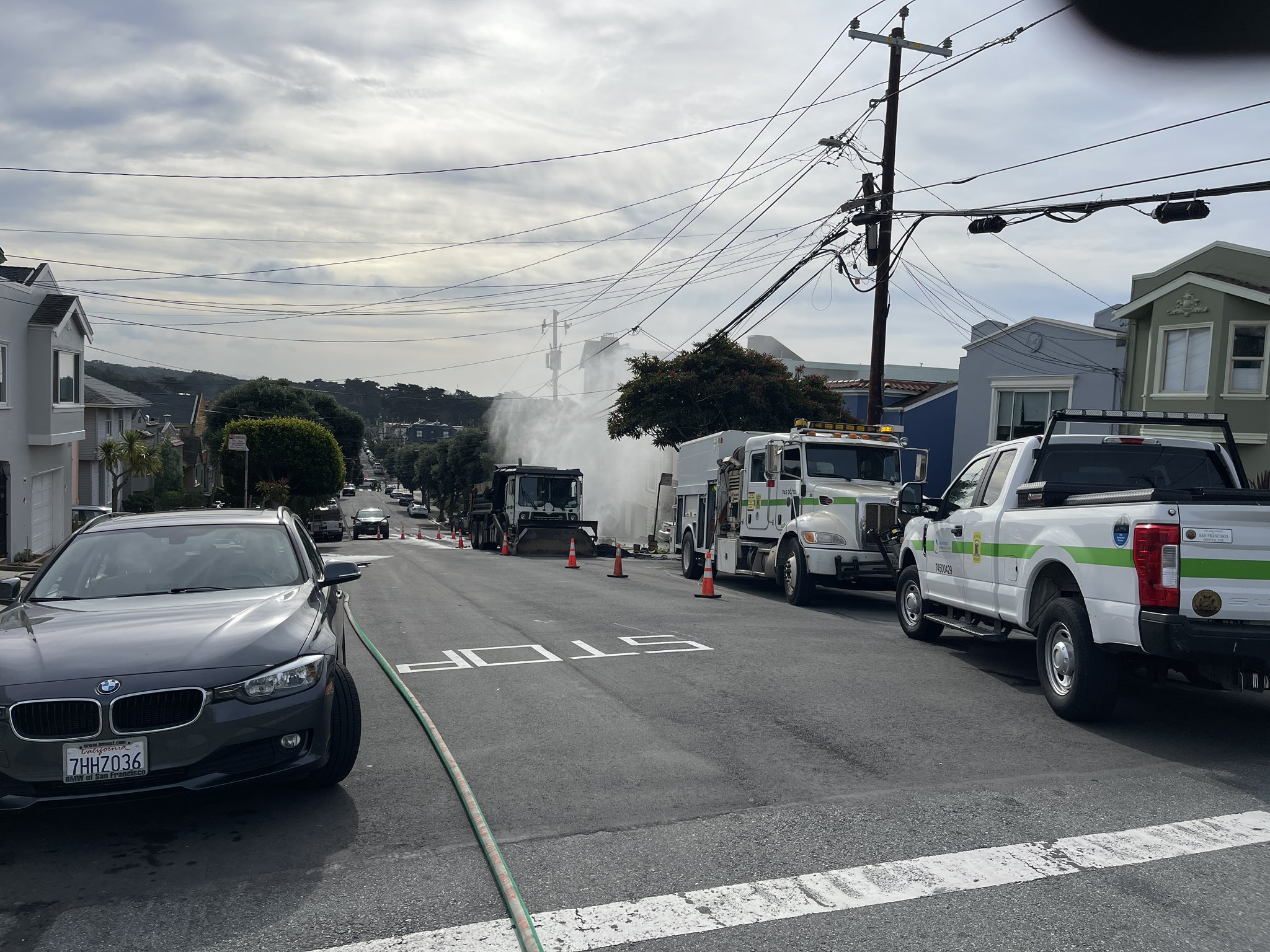Voters in San Francisco and Berkeley on Tuesday will decide the fates of two high-profile battlegrounds in the fight over taxes on soda and other sugary drinks.
In Berkeley, Measure D - adding a 1-cent-per-ounce tax on sugary drinks - needs a simple majority to pass because the tax money would go into the general fund. The money would be used to fund programs that promote good nutrition.
In San Francisco, Prop. E - adding a 2-cent-per-ounce tax on sweetened beverages - needs 2/3 of the electorate to pass the special tax. The money would fund recreation activities and nutrition programs in San Francisco public schools and parks. The tax could bring in more than $35 million to the city and reduce soda consumption by 31 percent, the ballot language suggests.
If they pass, the taxes would be unprecedented.
"History would suggest these are uphill battles," NBC Bay Area political analyst Larry Gerston said.
Similar measures have fizzled around the country, including New York, where the State Legislature and courts rejected former Mayor Michael Bloomberg's attempt to ban supersize sodas.
In California, a soda tax was defeated in Richmond, a city about 25 miles from San Francisco, in 2012. And this summer, a legislative committee rejected a bill that would have required warning labels on sodas.
Local
Still, supporters are optomistic that Tuesday night will be the charm. They cite obesity and diabetes and the biggest reasons to make it harder to swig down a Coke or a Pepsi.
"When one in three kids are predicted to get diabetes in their lifetime, that's unacceptable," Yes on D supporter Josh Daniels told NBC Bay Area on the eve ahead of the election.
Berkeley Mayor Tom Bates was confident on Tuesday morning, that the "highly intelligent" residents of his left-leaning city would back the soda crackdown.
"Berkeley is the place where things begin," he said by phone. "And then it will sweep the nation."
But critics argue the taxes would be arbitrary: Chocolate mix wouldn't be taxed even if it has the same amount of sugar as a Mountain Dew, for example. And in the case of Berkeley, nothing in the measure ensures the money - estimated to generate about $1.2 million a year - wouldn't be shifted to non-nutritional programs, they argue.
Plus, government simply shouldn't tell people what to put in their mouths, said Roger Salazar, spokesman for the beverage industry.
"It's not really government's place to decide for us as consumers what to put in our bodies," he told NBC Bay Area by phone on Monday night.
Gerston added that it's especially hard to get voters to pass a tax and pass a tax on something that tastes so good. Then, of course, there's the $11.6 million that the "Big Soda" companies have poured into defeat the measures in both cities.
"We’re up against a multi-billion dollar industry," said San Francisco Supervisor Scott Weiner, one of the co-authors of Prop. E. "A multi-national, has poured almost $10 million against us. So it’s been a tidal wave of corporate money. But we’ve been waging a real grassroots campaign and we’re going to fight until the end.”
Most acknowledge that if either measure passes, it will be the one in Berkeley. And not just because the hippie-loving voter pool monitors their childrens' Sprite intake more carefully, or that it's the birthplace of the slow-food movement and home to the famous Chez Panisse.
It's because the measure has a lower threshold to pass, according to University of San Francisco political professor Corey Cook.
And in Berkeley, Bates added, the city spent a lot of time engaging with residents very slowly, educating a core community to get "buy in."
"It was more than people who simply had a good idea," Bates said.
NBC Bay Area's Terry McSweeney and Nannette Miranda contributed to this report.



